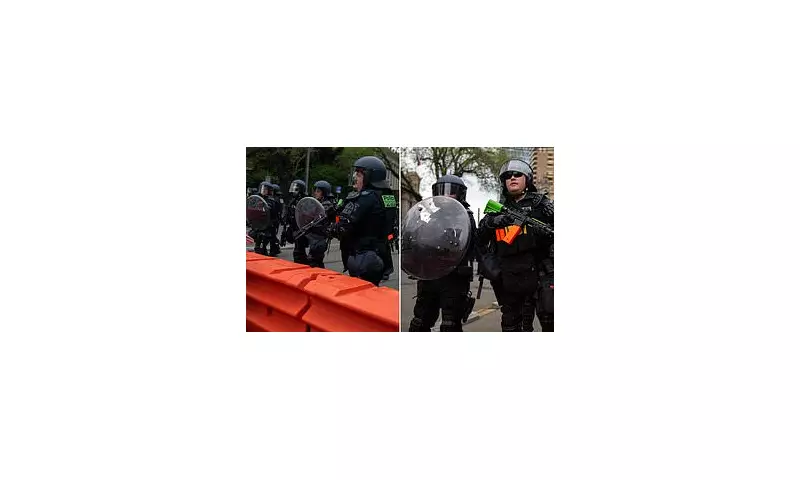
Australian politics has been rocked by revelations that Queensland Senator Matt Canavan was visited by federal police officers over a social media post discussing official government data.
The Controversial Tweet That Drew Police Attention
The incident occurred after Senator Canavan shared analysis of the Australian Federal Police's own social cohesion survey data on platform X (formerly Twitter). The National Party senator questioned why the AFP was conducting such research, suggesting it fell outside their traditional law enforcement responsibilities.
"I received a visit from the Australian Federal Police in relation to a tweet I put up," Senator Canavan confirmed to Daily Mail Australia. "They were concerned about my commentary on data that they had collected."
Police Defend Their Actions
The AFP defended their decision to speak with the senator, stating they were following up on a complaint received about his social media activity. In an official statement, the police force emphasised they were "not investigating the senator" but rather making "enquiries regarding a complaint about a social media post."
This distinction has done little to quell the growing controversy surrounding the incident, with many questioning whether police should be involved in monitoring political commentary.
Political Backlash and Free Speech Concerns
The police visit has sparked immediate backlash from political figures across the spectrum. Senator Canavan himself expressed serious concerns about the implications for democratic discourse.
"I think it is a very dangerous road to go down if our police forces are going to be monitoring the social media pages of members of parliament and then questioning them about their political views," the senator warned.
Other politicians have joined the chorus of criticism, suggesting the incident represents an concerning precedent for political freedom in Australia. The debate has raised fundamental questions about:
- The appropriate role of police in monitoring political speech
- Boundaries between legitimate enquiry and intimidation
- Freedom of parliamentary privilege
- The expanding scope of police responsibilities
Broader Implications for Social Media and Politics
This incident occurs against a backdrop of increasing tension between social media platforms, political expression, and law enforcement. As police forces expand their digital monitoring capabilities, questions about oversight and appropriate use of these powers are becoming more urgent.
The case has particularly resonated because it involves an elected official being questioned about commentary on official government data – information that would typically be subject to public scrutiny and political debate.
As the story develops, it continues to fuel discussions about the delicate balance between maintaining social cohesion and protecting fundamental democratic freedoms in the digital age.





